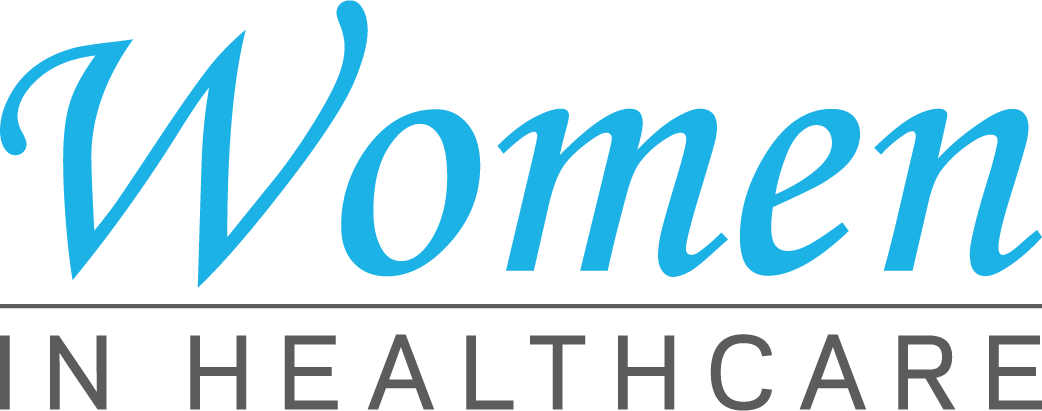Exactly How Healthcare RCM Solutions Streamline Payment and Collections
Exactly How Healthcare RCM Solutions Streamline Payment and Collections
Blog Article
Comprehending the Duty of Healthcare RCM in Enhancing Financial Performance and Patient Contentment
Browsing the details of Medical care Earnings Cycle Management (RCM) is important for achieving ideal monetary efficiency while at the same time elevating client fulfillment. RCM's capacity to improve invoicing, make certain precise coding, and accelerate insurance claims processing stands as a cornerstone of modern-day medical care operations. However, the nuanced interplay between these aspects warrants a better evaluation to fully value their effect on both medical care carriers and clients. As we explore the transformative possibility of RCM, inquiries regarding its calculated execution and future improvements beckon, encouraging understandings that could redefine sector criteria and patient experiences alike.

Trick Elements of RCM
In the facility landscape of medical care, Earnings Cycle Monitoring (RCM) is critical in ensuring financial stability and operational efficiency. An extensive RCM system incorporates several important components, each playing an essential duty in the smooth administration of a doctor's monetary procedures. Patient registration and qualification verification are foundational steps, guaranteeing that accurate person information is captured and insurance policy coverage is validated before solutions are rendered. This reduces the risk of insurance claim rejections and increases the compensation process.

Charge capture is one more essential part, involving the accurate recording of solutions provided to people. It makes certain that all billable solutions are accounted for, consequently taking full advantage of income potential. Concurrently, medical coding translates patient encounters into standardized codes, which are critical for billing and regulative conformity.
Cases entry and monitoring comply with, entailing the prep work and entry of insurance claims to payers. This process calls for precise attention to detail to decrease errors and stop hold-ups. Denial monitoring is an aggressive method to resolve and address rejected claims, guarding revenue streams.
Finally, settlement posting and person collections complete the cycle, making sure payments are precisely tape-recorded and superior equilibriums are gone after. Together, these components create a durable structure that sustains the functional and financial health and wellness of healthcare organizations.
Influence on Financial Efficiency
Effective Revenue Cycle Management (RCM) significantly influences a health care organization's monetary performance by maximizing capital and decreasing income leakage. RCM incorporates the detailed payment and collection procedures that ensure medical care suppliers effectively handle their financial transactions from person enrollment to final repayment. By streamlining these processes, companies can lessen refuted cases, quicken repayment cycles, and boost overall monetary health.
Monetary efficiency is enhanced via careful management of payment treatments, which includes precise coding and timely submission of claims. This reduces the chance of claim denials and beings rejected, which can significantly hinder income circulation if not attended to promptly. Additionally, integrating innovative technology options facilitates real-time tracking of cases and financial metrics, supplying medical care administrators with the devices essential to make educated critical decisions.

Enhancing Patient Complete Satisfaction
While enhancing financial efficiency is a key goal of Revenue Cycle Monitoring (RCM), it likewise plays a critical duty in enhancing person satisfaction. Clients today need openness, effectiveness, and accuracy in their medical care communications. RCM systems enhance these processes, offering clients a smooth experience from visit organizing to payment. By reducing management concerns, RCM permits doctor to focus much more on individual treatment, which directly improves person fulfillment.

RCM likewise enhances client satisfaction via efficient interaction. By keeping a detailed database of patient details, RCM promotes boosted communication between people and doctor, making certain people feel informed and valued. This transparency and access cultivate a positive person experience. Overall, efficient RCM execution not only improves financial outcomes but likewise significantly adds to a patient-centered health care atmosphere.
Methods for Reliable RCM
Achieving efficient Income Cycle Management (RCM) calls for healthcare organizations to implement a set of tactical methods that ensure economic security and functional effectiveness. One crucial technique is the adoption of technology-driven remedies, such as incorporated software program platforms that simplify billing procedures, minimize errors, and improve information precision. These systems make it possible for real-time monitoring of financial metrics, permitting for timely recognition and rectification of inefficiencies.
One more method is the standardization of procedures throughout the earnings cycle. Healthcare RCM. This entails creating consistent plans for patient registration, insurance verification, and claims processing. By ensuring that all team comply with these standards, organizations Going Here can decrease disparities and accelerate payment collections
Staff training and development likewise play a crucial role in reliable RCM. Trained employees can effectively navigate complicated invoicing treatments and policies, decreasing denials and improving money circulation. Routine updates on policy modifications and best techniques aid preserve a competent and well-informed labor force.
Future Trends in RCM
As medical care companies enhance their Income Cycle Monitoring (RCM) approaches with technology and standard processes, focus is currently transforming in the direction of the future fads forming this important area. One substantial pattern is the combination of expert system (AI) and machine knowing to automate complicated jobs, such as cases processing and anticipating analytics. These modern technologies are anticipated to reduce mistakes, increase transaction times, and provide data-driven insights for much better decision-making.
In addition, the change in the direction of value-based care continues to affect RCM techniques - Healthcare RCM. Doctor are anticipated to increasingly focus on patient end results and complete satisfaction, requiring RCM systems that can accommodate new compensation versions. This change will certainly call for more extensive data collection and evaluation to successfully report and gauge on performance metrics
Interoperability is another arising priority, as seamless data exchange between disparate systems becomes vital. Enhanced interoperability will certainly promote more precise patient info sharing, lowering management worries and improving the patient experience.
Conclusion
Medical Care Earnings Cycle Monitoring (RCM) considerably influences both monetary performance and person fulfillment by enhancing invoicing procedures, ensuring accurate coding, and making it possible for prompt cases entry. Effective RCM minimizes profits leak and accelerates money circulation, decreasing insurance claim denials and accelerating repayments. This performance fosters trust and satisfaction among people. RCM systems also assist in much better communication and versatile settlement choices, developing a patient-centered experience. Future RCM trends will likely focus on additional integrating innovation to boost these advantages.
Navigating the intricacies of Health care Income Cycle Monitoring (RCM) is essential for achieving ideal financial efficiency while concurrently elevating person complete satisfaction. RCM includes the thorough you can try here invoicing and collection processes that guarantee medical care suppliers efficiently manage their economic purchases from patient enrollment to final repayment. By lowering administrative problems, RCM permits medical care carriers to focus much more on individual treatment, which directly improves individual fulfillment.
By preserving a thorough data source of patient information, RCM assists in improved communication in between clients and health care companies, guaranteeing clients really feel informed and valued.Health Care Income Cycle Monitoring (RCM) substantially affects both monetary performance and client complete satisfaction by maximizing billing processes, guaranteeing accurate coding, and making it possible for punctual insurance claims submission.
Report this page